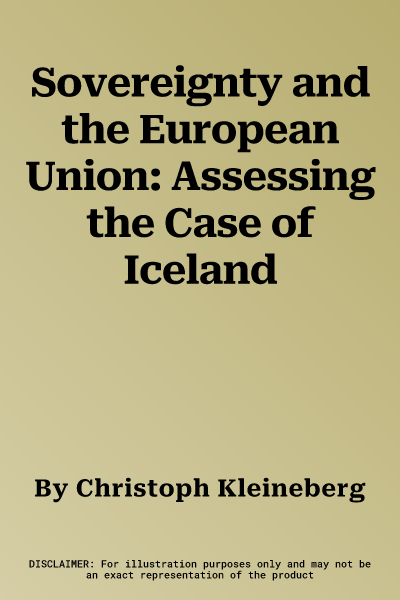Christoph Kleineberg
(Author)Sovereignty and the European Union: Assessing the Case of IcelandPaperback, 19 December 2022

Qty
1
Turbo
Ships in 2 - 3 days
In Stock
Free Delivery
Cash on Delivery
15 Days
Free Returns
Secure Checkout

Print Length
138 pages
Language
English
Publisher
Tectum
Date Published
19 Dec 2022
ISBN-10
3828848427
ISBN-13
9783828848429
Description
Product Details
Author:
Book Format:
Paperback
Country of Origin:
US
Date Published:
19 December 2022
ISBN-10:
3828848427
ISBN-13:
9783828848429
Language:
English
Location:
Baden-Baden
Pages:
138
Publisher:
Weight:
3896.36 gm